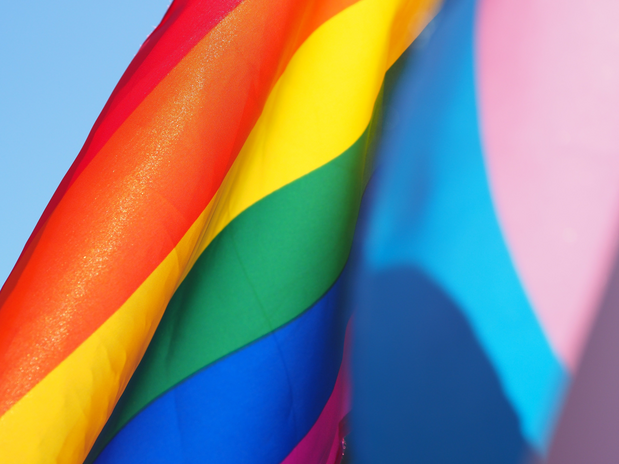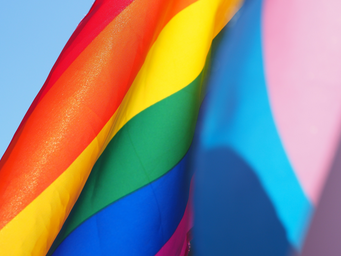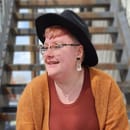content warning: suicide
I recently earned a certification in Mental Health First Aid, a great reward after an arduous seven-hour training. I won’t lie—it was hard. Confronting your own mental health while trying to learn how to help others can be very intense. The thing that set my training apart from others is that the entire group of trainees were members of the LGBTQ+ community, myself included. We held the training in coordination with our campus’ only queer student organization, Rainbow Alliance, and Campus Recreation and Wellness. Someone from Housing and Residence Life also helped train us. Throughout our seven hours together, I learned that many of my fellow trainees and friends had experienced similar mental health challenges and similar disillusionment with the cishet and neurotypical standards of mental health. For as comforting as it was to know I’m not alone, I can’t say it’s the same for the millions of LGBTQ+ people living in the United States.
Living the queer experience in America is not perfect. I am grateful to be where I am today, but that is not without struggle or concern. Much like my thousands of LGBTQ+ siblings across the United States, being queer has greatly affected my mental health. I first came out as bisexual in 2017, came out again in 2019 and began using she/they pronouns in early 2021. I’ve been very open about my sexuality and my stances on gay rights and issues. Because of my openness, I’ve gotten the good and the bad side of other people’s ideas. My immediate family has been incredibly accepting and continues to educate themselves; my extended family doesn’t talk about it ever. My friends have been like family to me; other classmates sneered. On social media, it was either a great sense of community or being called slurs. This is not unique to me. An estimated 5.6 percent of the adult American population identifies as gay, lesbian or not heterosexual in some way, according to Gallup. This means that over 18 million Americans face similar problems.
One of the most pressing issues facing the queer population is discriminatory violence. Members of the LGBTQ+ community, specifically cisgender members, are at least seven times more likely to attempt suicide. Transgender members are at an even higher risk of suicide. A study from U.S. Transgender Survey reported that at least 40 percent of respondents attempted suicide in their lifetimes. Increased thoughts or attempts of suicide often occur after someone has experienced discrimination or violence. Violence against queer people, especially people of color, is a scary trend. 2021 has been labeled the deadliest year for anti-trans violence, with 47 people being killed as a result of violence. Over 80 percent of these people were people of color, and 66 percent were Black trans women.
Another issue we face is the lack of queer-conscious mental health resources. I can say from personal experience that the only time I’ve felt totally comfortable in a therapy setting is with other LGBTQ+ people. Even my first therapist was gay. Being in mental health settings where no queer-focused resources exist leads to misinformation and further mental distress. It’s also true that conversion therapy increases a person’s risk for suicide. Mainstream mental health is often treated like a fixable thing, like you just go to therapy, take some meds and you’re right as rain. That is not true for everyone and being queer is not something that requires fixing. Lack of acceptance, poverty, homelessness (which also disproportionately affects LGBTQ+ people) and reduced specialization result in people at higher risk of depression and ultimately, suicide.
So, here’s the thing: there are millions of people on both ends of this line. There are people at SLU who are here to help and be helped. To conclude, I want to offer some resources. I believe in you and love you; you are worthy of love and happiness. Your identity is valid and respected here. Your identity is beautiful, powerful and incredible. Please be safe.
Mental Health Resources:
National Suicide Prevention Line: 1-800-273-8255
Crisis Text Line: text MHFA to 741741
The Trevor Project: 1-866-488-7386
National Domestic Violence Hotline: 1-800-799-7233
National Sexual Assault Hotline: 800-656-4673
SAMHSA Hotline: 1-800-662-4357


